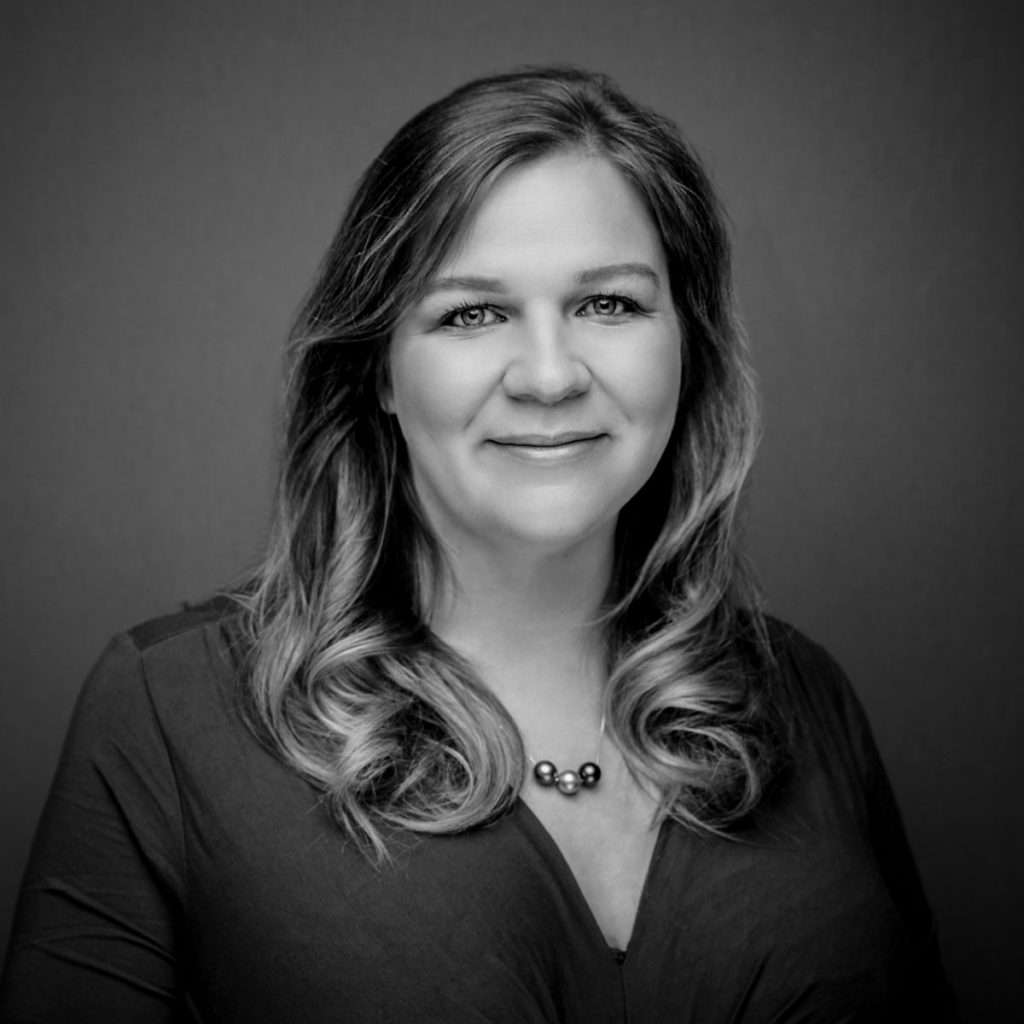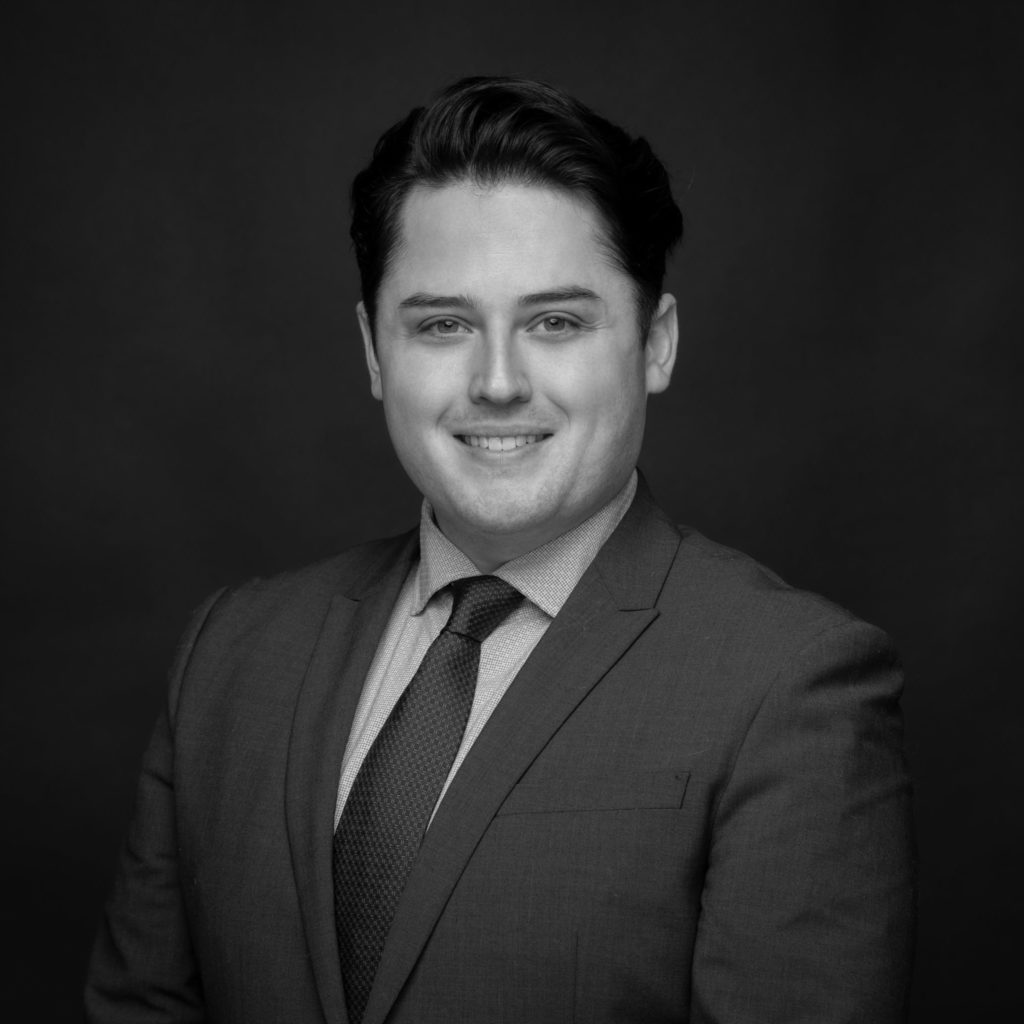Work with an optometrist lawyer and never face your regulator alone
An optometrist lawyer can help you navigate the complexities and nuances of a disciplinary hearing before The College of Optometrists of Ontario. They can:
- decide who has a certificate to practice as an optometrist
- handle complaints against optometrists
It’s important to remember that your college does not work for you – there are instances, in fact, where they could:
- Deny your application for a certificate to practice
- Suspend, revoke, place terms and conditions, or limit your optometrist’s certificate and thereby limit your ability to practice
If you plan to apply to the College or have received notice of complaint it is important that you have representation to protect your interests and defend your rights.
How an optometrist lawyer can help:
- Guide optometrists in adhering to College standards
- Address grievances and inquiries made by the College of Optometrists
- Represent optometrists before the Fitness to Practice Committee
- Defend optometrists in College disciplinary proceedings
- Resolve optometrists’ issues via the College’s complaint resolution mechanism.
- Advocate for optometrists in proceedings at the Divisional Court of Ontario
Registration
Optometrists who wish to practice in Ontario are required to register with the College, but the process to do so can be rather complex.
The registration process differs depending on whether or not an applicant is a graduate of an optometry school accredited by the Accreditation Council of Optometric Education (ACOE).
ACOE applicants must:
- Meet the academic requirement of having successfully completed a recognized/approved academic program
- Successfully complete a College approved entry-to-practice exam
- Complete the Ontario Optometric Jurisprudence Seminar and Examination
- Submit additional documents
Non-ACOE applicants must:
- Meet the academic requirements and have their credentials successfully assessed
- Complete the International Optometric Bridging Program (IOBP
- Provide proof of registration if you are registered with an equivalent Certificate of Registration in another province
- Successfully complete a College approved entry-to-practice exam
- Complete the Ontario Optometric Jurisprudence Seminar and Examination
- Submit additional documents
Once an application is submitted, the Registrar may:
- Issue a Certificate of Registration if the Registrar is satisfied that all of the requirements have been met OR
- Refer the application to the Registration Committee if the Registrar has doubts about the application and intends to refuse or attach terms, conditions or limitations on the Certificate
Our office can help you prepare this information and offer legal advice on concerns you may have. If you are planning to apply for a certificate from the College of Optometrists of Ontario, contact us today.
Alternative Dispute Resolution
The College of Optometrists of Ontario will sometimes offer members an opportunity to participate in Alternative Dispute Resolution (“ADR”).
This is a great opportunity for optometrists to resolve issues before they become formal complaints. The ADR process usually involves the optometrist entering a written agreement.
We believe it is very important that members receive legal advice in relation to these documents. Without experienced legal advice members may not appreciate the full consequences of these documents and the impact on their practices. If you have heard from your College, contact us today.
ICRC
The College of Optometrists of Ontario accepts complaints originating from various sources:
- The general public
- Patients of optometrists
- Employers of optometrists
- Fellow optometrists
Should a member of the College, during their practice, find reasonable grounds to suspect that another member from the same or a different College has sexually abused a patient, they are required to file a complaint.
The initial phase in the complaint procedure is handled by the Inquiries, Complaints and Reports Committee, commonly known as the “ICRC.”
The ICRC operates through a written process where multiple documents are exchanged among the complainant, the College, and the accused member:
- A formal complaint is lodged against a member
- The College issues an official acknowledgement of the complaint to the member
- The member is given a chance to submit a written reply to the complaint
- The ICRC renders a decision
The possible outcomes of this decision can range from:
- Opting to take no further action
- Providing advice to or cautioning the member
- Requiring the member to participate in a continuing education or remediation program
- Referring the case to the Discipline or Fitness to Practise Committee
These decisions can profoundly affect members, both financially and personally. If you’ve received a complaint from the CPO, it’s advised to contact us immediately.
Fitness to Practise Committee
The Fitness to Practise Committee is a distinct body that addresses cases where a member’s actions are influenced by ongoing physical or mental health issues.
Based on our experience, being referred to the Fitness to Practise Committee can be advantageous for members due to several reasons:
- Complaints are typically resolved more privately
- The primary objective is to ensure the member’s health
Nevertheless, it’s rare for members to be directed to Fitness to Practise Committees without legal representation. Effective and thorough representation is crucial to provide the necessary evidence that screening committees, such as the ICRC, need when considering whether a referral to the Fitness to Practise Committee is necessary. If you’re facing a complaint, we urge you to contact us promptly.
Discipline Committee
When the ICRC deems a complaint as “high risk,” it may be escalated to the Discipline Committee.
A pre-hearing often precedes a full hearing at the Discipline Committee. This pre-hearing serves as a platform for both the College and the member to informally present their case.
Based on our experience, a pre-hearing at a college can be instrumental in:
- Reducing the allegations made against a member
- Lessening the penalty sought against the member
- Addressing key legal issues before the actual trial
During the Discipline Committee proceedings, a trial may be conducted where witnesses are called and evidence is examined.
Possible outcomes from the Discipline Committee include:
- Revocation of the member’s certification
- Suspension of the member’s certification
- Imposition of terms, conditions, and limitations on the member’s certification
- Orders for the member to bear some or all costs of the trial
The results of a case will be public knowledge and carry potentially very severe consequences. If your case has been or may be referred to the Discipline Committee, we strongly advise contacting us immediately to ensure that you achieve the best outcome possible in your case.
Optometrist Lawyers FAQ
Why do I need a lawyer for optometrists?
Having a lawyer for optometrists is essential when dealing with legal issues related to your practice. Our team has extensive experience dealing with unique challenges and regulations in the optometry field, providing expert advice and representation.
What can an optometrist lawyer assist with?
An optometrist lawyer can assist with various issues, including handling complaints, navigating disciplinary hearings, and advising on compliance with industry regulations.
How do optometrist lawyers differ from general lawyers?
Optometrist lawyers have specific knowledge and experience in optometry-related legal matters. This includes an intimate knowledge of the College, its procedures and regulations, and all relevant legal acts pertaining to the practice of optometry.
When should I contact optometrist lawyers for legal issues?
It’s advisable to contact optometrist lawyers as soon as you become aware of an investigation by the College. Early consultation means you can begin building a strong case early on and ensure your rights are fully protected.
Can a lawyer for optometrists help with licensing issues?
Yes, a lawyer for optometrists can provide assistance with licensing issues, including applications, renewals, and any disputes or disciplinary actions that might affect your license.
Are optometrist lawyers necessary for setting up a practice?
While not always necessary, optometrist lawyers can offer valuable guidance on the legal aspects of setting up a practice, such as business structuring, contracts, and regulatory compliance.
What should I expect when working with an optometrist lawyer?
When working with an optometrist lawyer, expect a professional who understands your specific needs as an optometrist, offering relevant legal advice and representation tailored to your situation. At Unified LLP, our team has comprehensive knowledge of all relevant legal acts and College, including:
Can you help with other regulatory colleges?
Yes. We have helped clients in the past deal with professional discipline inquiries and hearings. We have worked in a variety of fields, including representing clients as a:
This FAQ is for informational purposes only and should not be considered legal advice. Consult with a qualified family law lawyer to address your specific professional concerns.

